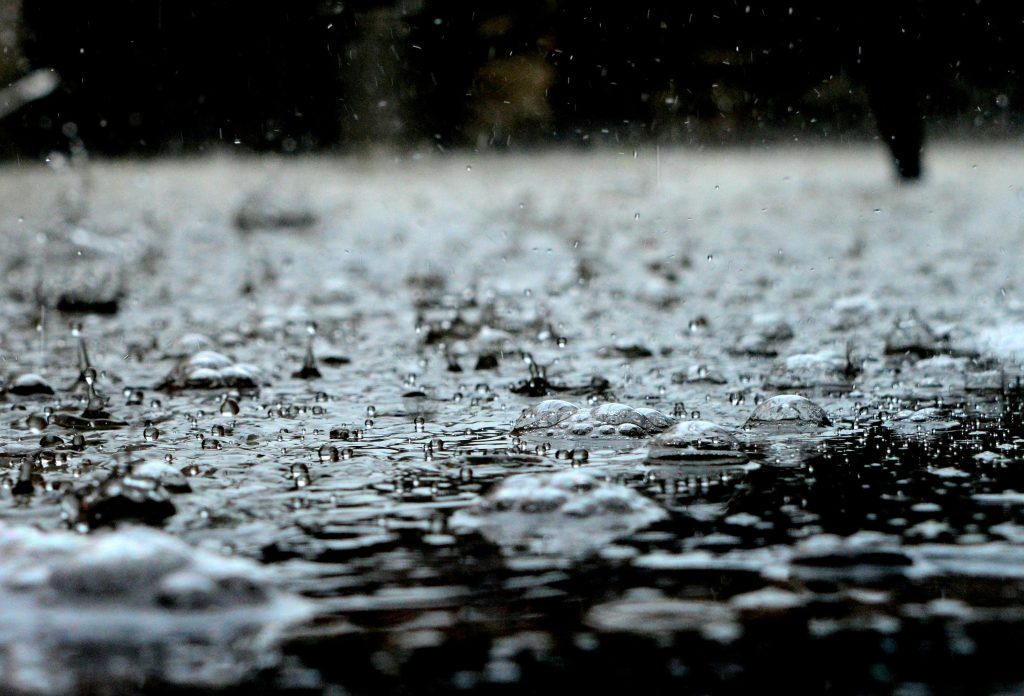How to Protect Your Driveway from Miami's Climate Effects

Introducción
Imagine a homeowner in Miami, excited about their newly paved driveway, only to find it cracking and fading after just a few months of intense sun and sudden downpours. This scenario is all too common in Miami, where the tropical climate poses unique challenges to the durability and appearance of driveways. Understanding how to protect your driveway from the harsh elements is crucial for maintaining its integrity and aesthetic appeal.
1. Comprendiendo el clima de Miami
1.1 Características climáticas
Miami boasts a tropical monsoon climate characterized by high temperatures and humidity year-round. Summers can see temperatures soaring above 30 °C (86 °F), while the rainy season brings intense downpours, especially during hurricane season. These conditions create a challenging environment for driveway materials.
1.2 Impacto en las entradas de vehículos
The extreme heat can cause materials to expand and contract, leading to cracks and structural issues. High humidity promotes corrosion in metals and deterioration in organic materials, while heavy rains can lead to erosion and water accumulation, further compromising the driveway's foundation.
2. Protegiendo tu entrada del sol abrasante
2.1 Selección de materiales resistentes
Choosing the right materials is essential for withstanding Miami's heat. Consider using:
-
Natural stone: Durable and heat-resistant.
-
Treated concrete: Can be sealed with UV protectants to enhance longevity.
Using UV sealers not only protects the surface but also enhances its appearance, making it a smart investment.
2.2 Sombra y vegetación
Incorporating shade can significantly reduce heat exposure. Consider:
-
Live Oak (Quercus virginiana): Provides dense shade with deep roots that won’t damage structures.
-
Florida Cedar (Juniperus virginiana): Offers good shade without invasive roots.
-
Crepe Myrtle (Lagerstroemia speciosa): Grows vertically, minimizing structural risks.
Planting these trees or installing awnings can help shield your driveway from direct sunlight.
3. Evitando grietas por el calor
3.1 Mantenimiento regular
Regular maintenance is key to preventing cracks. Schedule periodic cleanings and sealings to protect the surface. Look for early signs of cracks, such as small fissures or uneven surfaces, and address them promptly.
3.2 Técnicas de instalación adecuadas
Ensure proper installation techniques:
-
Compact the base thoroughly to prevent settling.
-
Use expansion joints to allow for movement, reducing the risk of cracking.
4. Previniendo problemas de drenaje durante la temporada de lluvias
4.1 Diseño de drenaje efectivo
A well-designed drainage system is crucial to prevent water accumulation. Consider:
-
French drains: Effective for redirecting water away from the driveway.
-
Gutters and downspouts: Direct rainwater away from the surface.
These solutions help maintain a dry and stable driveway.
4.2 Mantenimiento del drenaje
Regularly clean drains and gutters to prevent blockages. Remove debris that can obstruct water flow, and consider planting vegetation that helps absorb excess water without damaging the drainage system.
5. Consejos adicionales para el cuidado de tu entrada
5.1 Inspecciones periódicas
Create a maintenance calendar to inspect your driveway regularly. This proactive approach can help catch issues before they escalate.
5.2 Uso de productos de calidad
Invest in high-quality sealers and cleaning products designed for hot climates. These products can provide additional protection against the elements.
5.3 Consultar a profesionales
If you notice significant damage or are unsure about maintenance, consult professionals. They can provide expert advice and services tailored to your driveway's needs.
6. Conclusión
Protecting your driveway from Miami's harsh climate is essential for its longevity and appearance. By understanding the local weather conditions and implementing the right strategies, you can ensure your driveway remains in excellent condition for years to come.

